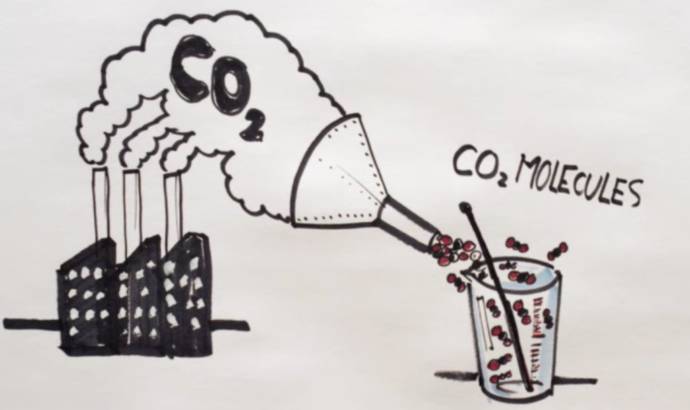Even though cars are constantly reducing their CO2 emissions, these toxic gas still exists in the atmosphere and affects the health of current population.
To help reduce the ammount of CO2 found in the air and to make proper use of it, Ford will be the first automaker to formulate and test new foam and plastic components using carbon dioxide as feedstock. Researchers expect to see the new biomaterials in Ford production vehicles within five years.
It could be employed in seating and underhood applications, potentially reducing petroleum use by more than 600 million pounds annually – enough to fill nearly 35,000 American homes. CO2-derived foam will further reduce the use of fossil fuels in Ford vehicles and increase the presence of sustainable foam in the automaker’s global lineup.
The invention could change the allarming statistics: 2.4 million pounds of CO2 are released into the atmosphere globally per second. Plastic manufacturing accounts for nearly 4 percent of the world’s oil use, according to British Plastic Federation.
Ford began working with several companies, suppliers and universities in 2013 to find applications for captured CO2. Among them is Novomer – a New York-based company that utilizes carbon dioxide captured from manufacturing plants to produce innovative materials. Through a system of conversions, Novomer produces a polymer than can be formulated into a variety of materials including foam and plastic that are easily recyclable.



